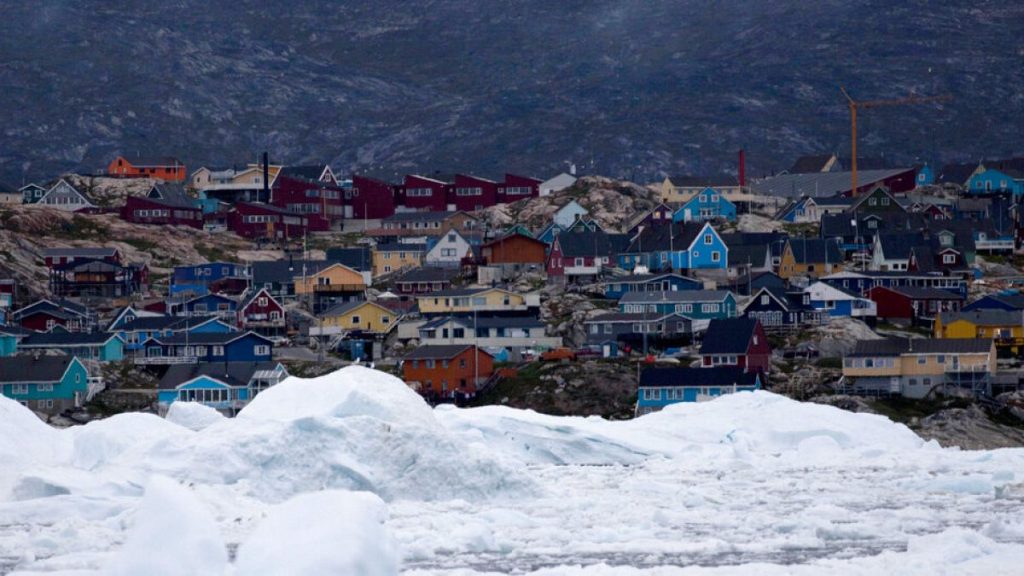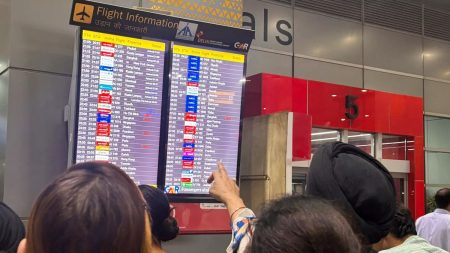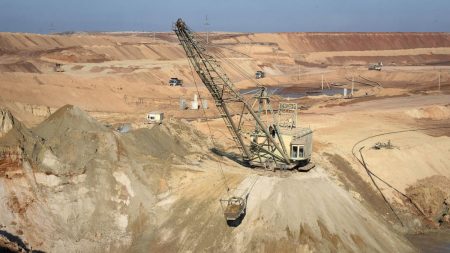The unexpected bid by former US President Donald Trump to purchase Greenland in 2019, while ultimately unsuccessful, inadvertently ignited a renewed focus on the island’s pursuit of self-determination. While the notion of becoming an American territory was overwhelmingly rejected by Greenlanders, with 85% opposing the idea, the incident served as a catalyst for conversations about greater autonomy from Denmark, the country to which Greenland currently holds a semi-autonomous relationship. The episode highlighted the complex interplay of geopolitical interests, economic realities, and the enduring desire of the indigenous Inuit population to chart their own future.
Trump’s proposition, perceived by many as a relic of a colonial mindset, underscored the vulnerability of Greenland in the face of global power dynamics. Qupanuk Olsen, a prominent Greenlandic influencer, captured the sentiment of many when she characterized the exchange between Trump and Denmark as a conversation between colonizers, failing to acknowledge the agency of the Greenlandic people. This sentiment galvanized a renewed push for self-governance, prompting Greenlanders to consider how best to leverage their strategic position and abundant natural resources to secure a future defined by their own terms. The incident forced the island nation onto the world stage, giving them a platform to articulate their aspirations to a wider audience.
The desire for greater autonomy stems from a deep-seated yearning for self-determination and recognition of the Inuit people’s unique cultural heritage. While Denmark provides crucial financial and economic support, a significant portion of the population sees the current relationship as a constraint on their ability to fully realize their potential. This sentiment is reflected in the desire to forge stronger partnerships with other nations, including the US, based on mutual respect and shared interests. Greenlanders recognize the value of their geopolitical location and resource wealth, particularly in the context of growing international interest in the Arctic region. This awareness fuels the ambition to navigate the complexities of international relations and secure a future where they are masters of their own destiny.
While the notion of joining the US was resoundingly rejected, the incident provided an unexpected opportunity for Greenland to advocate for greater self-governance. The global attention drawn by Trump’s remarks allowed Greenlandic voices to be heard on a larger scale, highlighting the nuances of their aspirations. The desire for independence is tempered by pragmatic considerations, including the economic realities of transitioning to full sovereignty. Many Greenlanders recognize the importance of maintaining a close relationship with Denmark, particularly in terms of financial support. This delicate balance between the desire for independence and the practical considerations of economic stability shapes the ongoing dialogue about Greenland’s future.
The path forward for Greenland involves navigating a complex landscape of geopolitical interests, economic considerations, and the enduring desire for self-determination. While a majority of Greenlanders express a desire for independence from Denmark, this aspiration is tempered by the recognition of the economic benefits associated with the current relationship. This dynamic creates a challenging dilemma, where the pursuit of sovereignty must be balanced against the potential risks to living standards. Maintaining the existing ties with Europe, while exploring new partnerships with countries like the US, offers a potential pathway towards greater autonomy. This approach allows Greenland to leverage its strategic importance and resource wealth to secure favorable agreements that contribute to its long-term economic stability and self-sufficiency.
Ultimately, the future of Greenland rests on the ability of its people to navigate the complex interplay of these competing forces. The resilience and determination of the Inuit people, coupled with their growing awareness of their strategic importance in a rapidly changing world, provide a strong foundation for achieving their aspirations. The challenge lies in finding a path towards greater self-governance that balances the desire for independence with the practical realities of ensuring economic stability and maintaining strong international partnerships. The journey towards self-determination is a long and complex one, but the events of 2019 served as a crucial turning point, propelling Greenland onto the world stage and giving its people a louder voice in shaping their own future.










